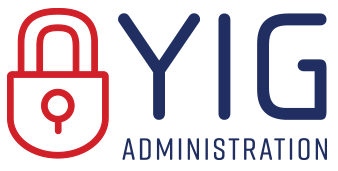While we all know our bank accounts and credit are at risk, there’s another type of identity fraud that is on the rise. Medical identity theft accounted for 43% of all identity theft reported in 2013. Between 27.8 and 67.7 million people’s medical records have been breached since 2009, according to the U.S. Department of Health and Human Services estimates.
There are cases of opportunists who use identities of someone they know to get treatment. Some thieves hack medical provider records, while others are health care employees who use their access to sensitive data for personal gain. However they get your information, once they have it they can get medical treatment or prescriptions in your name.
About 36 percent of medical identity theft victims in 2013 paid an average of $18,660 because of the fraud, according to research by the Ponemon Institute. But the damage from this type of theft can be more than financial.
By contaminating your medical records with their information, a thief turns them into an inaccurate and potentially dangerous false documentation of important facts such as your blood type, allergies, past medical procedures and more. Fixing this information is time-consuming. But if you don’t know it’s inaccurate to begin with, it could endanger your health in an emergency.
If your insurance company thinks you’ve already used your coverage for certain treatments, you may not be covered once you need to use your insurance due to yearly care caps, limits on certain prescriptions or procedures that can only be covered once in a lifetime, such as a heart transplant.
Ponemon research also found that many health care organizations allow employees to use their own personal mobile devices and computers to connect to sensitive records. Very few required their employees to install anti-virus or anti-malware software.
To protect yourself, be sure to ask your insurers for a list of benefits paid out to you at least once a year to ensure it’s correct. Read every notice you get in the mail with an eye for any treatments or prescriptions that aren’t familiar. It’s also wise to take as much care with your health insurance card and medical information as you would with your credit cards and financial information.
